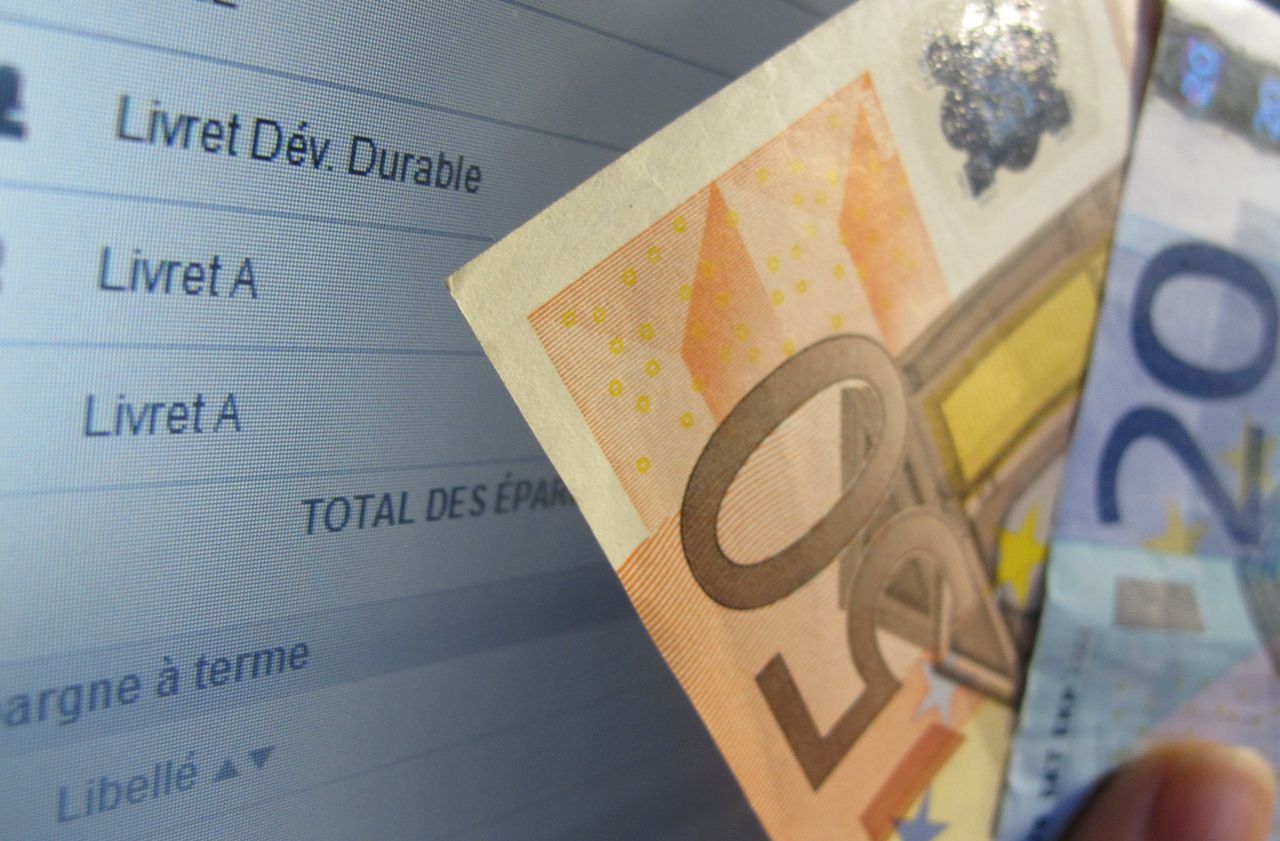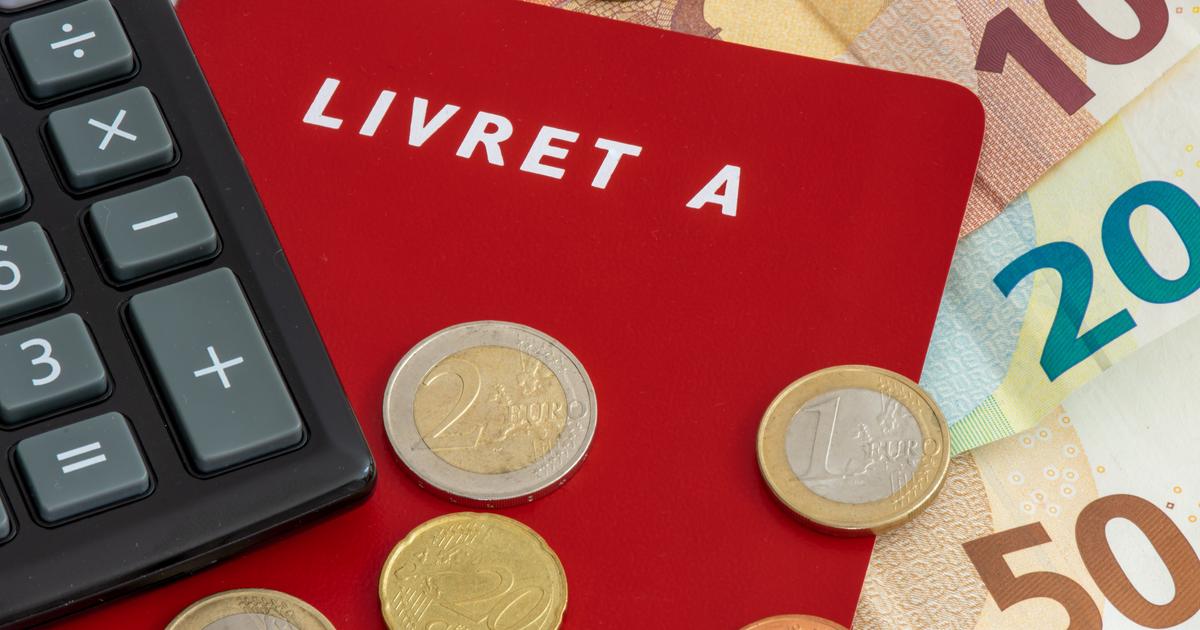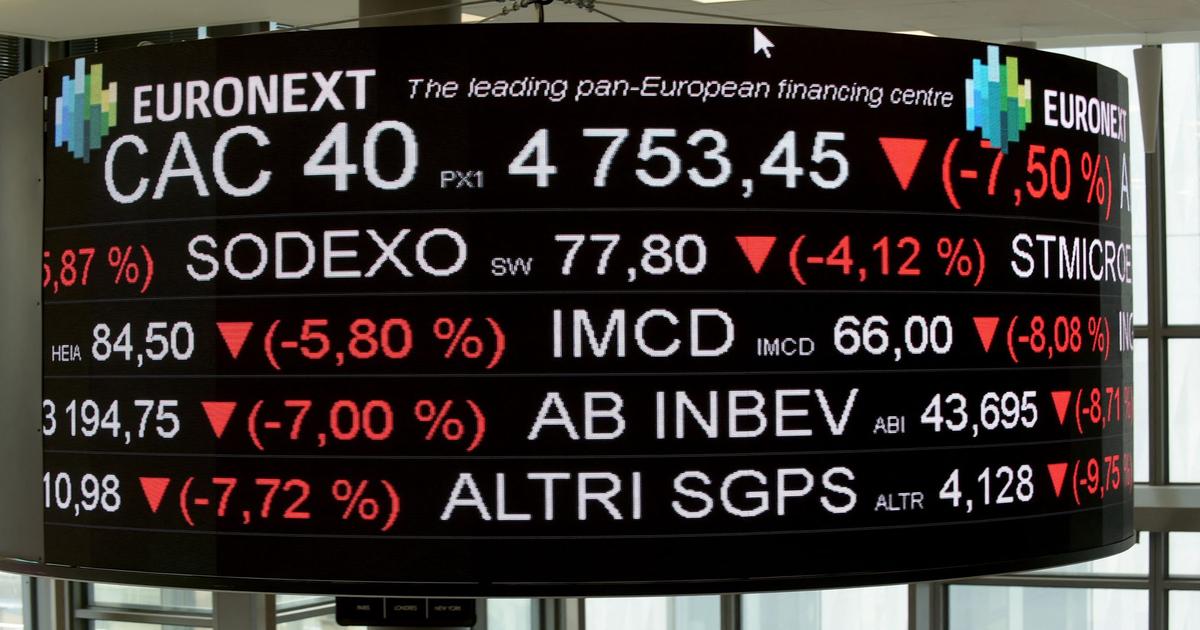How to boost your savings without taking any risk?
Covid-19, economic recession, fears about employment ... The French have turned into ants with the crisis.
Since March alone, more than 107.5 billion euros in cash and bank deposits (current accounts and remunerated passbooks) have been saved by the French, according to the Banque de France.
A record.
Never has the livret A, despite a minimum yield of 0.5%, been so attractive: its outstandings at the end of July reached an all-time high of 320 billion euros, just like that of the sustainable development and solidarity booklet (LDDS) at the end of July. more than 118 billion euros according to Caisse des Dépôts… Is this precautionary savings, both safe and accessible, the most suitable for you?
What are the possible alternatives?
Decryption.
Think first of the booklet A
Denied for a year for its low yield (0.5%), the livret A is not as interesting an investment as before if we take into account inflation (0.4% expected in 2020 according to the Bank of France).
"But even with a yield of 0.5% - which is still more than the negative market rates - the livret A remains a good product and even a gift for households since it meets the three criteria which make an investment from a good father: it is liquid, that is to say accessible at any time, free of charge - it is exempt from income tax and social security contributions - and offers a safe performance, without risk, says Christian Bito, vice-president of Swiss Life Gestion Privée.
It also allows you to save up to 22,950 euros, its ceiling, which is not negligible, ”says the expert, also a finance professor at Essec.
"Placing your money in a livret A is not an investment, it is more an act of management, a way of putting money aside, in a safe place in case of need", underlines Philippe Crevel, director from the study and information center Le Cercle de l'Épargne, which suggests "placing a maximum of the equivalent of three months' salary there and turning to other savings accounts beyond this amount".
Do not neglect other regulated booklets
The sustainable and solidarity development booklet makes it possible to invest 12,000 euros at the regulated rate of 0.5%.
“And for non-taxable or low-tax households (up to 19,977 euros for one part or 30,645 euros for a couple), the popular savings account (LEP) is not to be neglected with its remuneration of 1% up to 'to the ceiling of 7,700 euros, notes Philippe Crevel.
For the first time in ten years, its outstanding amount climbed during the Covid-19 crisis by more than 600 million euros between March and June, to 40.3 billion euros ".
The Young savings account was also popular during the confinement (+250 million euros in assets in three months).
Aimed at 12-25 year olds and capped at 1,600 euros, it offers a minimum return of 0.5%, to which banks often add a premium of 0.25% to 0.5% depending on the institution.
Avoid the housing savings plan (PEL)
"If opening a PEL today is not interesting, because it will be taxed for a return of 1%, remember to ask your banker if you do not already have one", notes Philippe Crevel.
Created to help build savings for a real estate purchase, the PEL saw its regulations evolve in 2018, making it much less advantageous.
“But the old PELs, opened between August 2003 and 2015, continue to offer a yield of 3.5% (including state premium) and those opened between 2015 and the end of 2017, a rate of 2.5% It would be a shame to deprive oneself of it ”, confides the expert.
Especially since its ceiling remains high at 61,200 euros.
Prepare your estate with life insurance
This support, which it is advisable to keep for eight years for its tax advantages, nevertheless allows rapid partial redemptions and even advances (if repaid within three years) in the event of a one-off need for money.
This envelope remains attractive, even if the return on euro funds guaranteed in capital is declining from year to year.
It should be around 1.2% to 1.3% this year (compared to 1.4% on average in 2019).
This is not much compared to the past, but this investment has a big advantage: it “offers an exemption up to 152,500 euros per direct beneficiary, for children in the event of the death of a parent, it is interesting when we know that in a direct line, the taxation is very heavy, it climbs quickly in increments to 40%, even 45% ”, notes Christian Bito.
Other advantages: "Withdrawals in life insurance are generally carried out fairly quickly, within a week without exit costs excluding capital gains tax", he underlines. More and more insurers are making it necessary to diversify the portfolio of assets with riskier units of account (securities, etc.). If you accept a larger proportion of investment in units of account, "know that some insurers offer a bonus in remuneration of up to 15% in addition to the rate of return ... It's a few cents earned, but it is is already that ”, concludes the banker who recommends in this case to be advised.















